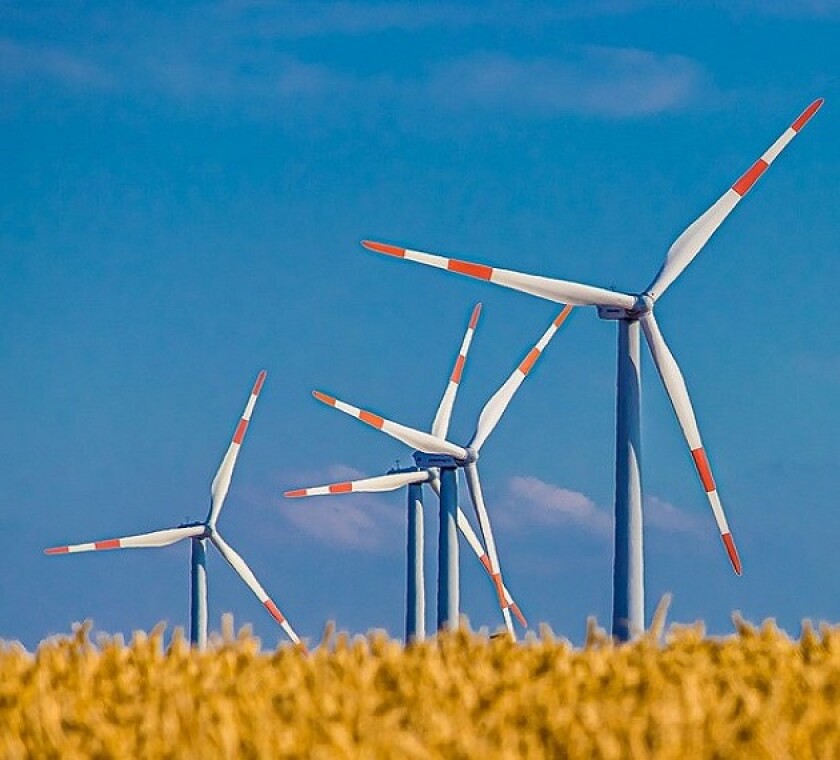Grid connections represent a significant cost in the development of power generation projects. A recent ruling by the Tax Appeals Commission (TAC) provided welcome clarity that this expenditure should qualify for capital allowances.
Wear and tear allowances
Wear and tear allowances (WTA) are a form of capital allowance or tax depreciation that is used by a taxpayer to offset their taxable profits.
Some of the legislative requirements for entitlement to WTA include: capital expenditure has to be incurred on the provision of plant and machinery (p&m); it is in use wholly and exclusively for the purposes of a trade at the end of the chargeable period; and it belongs to them. WTA are claimed over eight years at 12.5% per annum.
WTA are a complex tax technical area that is largely governed by case law and precedent.
The project
In 2003, the taxpayer developed a combined cycle gas turbine power station to generate electricity.
Connection to both the electricity and gas national grids was an integral and essential requirement for the project. The power station is gas fuelled and is a significant demand user. As a power generator it exports and imports electricity via a connection to the electrical national grid. The taxpayer contracted with the electricity and gas grid operators (grid operators) and paid them for constructing these connections.
Although power generators incur the cost of the grid connections there is a statutory obligation to transfer the ownership to the grid operators to ensure continued, reliable operation of this strategically important infrastructure.
In addition, the power generators are also liable for all annual operation, maintenance and upkeep costs of the grid connections.
The issue
In addition to the p&m within the power station, the taxpayer capitalised the grid connection costs and claimed WTA. This resulted in them having significant tax adjusted losses for a number of years subsequent to the development of the project.
Some years later the Revenue Commissioners conducted an audit and on the basis that, in their opinion, the grid connections did not belong to the taxpayer, and was too remote from the provision of the p&m, determined that the taxpayer was not entitled to claim WTA. Consequently, they raised Notices of Assessment for a number of years.
Taxpayer’s appeal
The taxpayer appealed on a number of grounds. They contended “that the connections… are machinery and plant which are integral to the commissioning and continued operation of the power station. It was submitted that these connections are in use for the trade and are wholly and exclusively used for the purposes of its trade”. It was argued that without these connections it would not be possible to operate the power station to generate electricity.
The hearing
Representatives for the taxpayer advised, “the connections to the national grids of gas and electricity are essential to the operation of the power station”. They also referred to the energy regulations, which obliged the taxpayer to transfer the ownership of these assets to the grid operators.
As part of their submission, the taxpayer cited a number of cases such as Ben-Odeco Ltd v. Powlson [1978] and Cooke v. Beach Station Caravans Ltd [1974]. These cases determined that, in addition to the cost of the p&m itself, incidental expenditure can also be included in the claim for capital allowances.
The ruling
TAC ruled in favour of the taxpayer.
On the issue of the p&m belonging to the taxpayer, TAC advised “the only reason for the transfer of ownership of the said connections is to ensure the integrity and security of the electricity system in the State and that, but for that statutory and regulatory requirement, the connections would have remained in the ownership of the Taxpayer”.
On the point that the expenditure was on the provision of p&m, they advised “the electricity and gas connections… are a necessary and integral part of the taxpayer’s Power Station. The connections were necessary to bring the plant and machinery which constitutes the Power Station into operation and they continue to be necessary to allow the Power Station to operate for the intended trade purpose of generating electricity”. The grid connection costs constituted ancillary expenditure necessary for the provision of the p&m used to generate electricity and that p&m belonged to the taxpayer.
Application
Considering the amount of power generation and other infrastructure projects that require grid connections that are in planning, design or under construction, and the significant costs involved, this ruling provides welcome clarity on the entitlement to claim WTA on this expenditure.
Steven Gardiner
Director, Deloitte Ireland
Brian O’Sullivan
Senior manager, Deloitte Ireland













